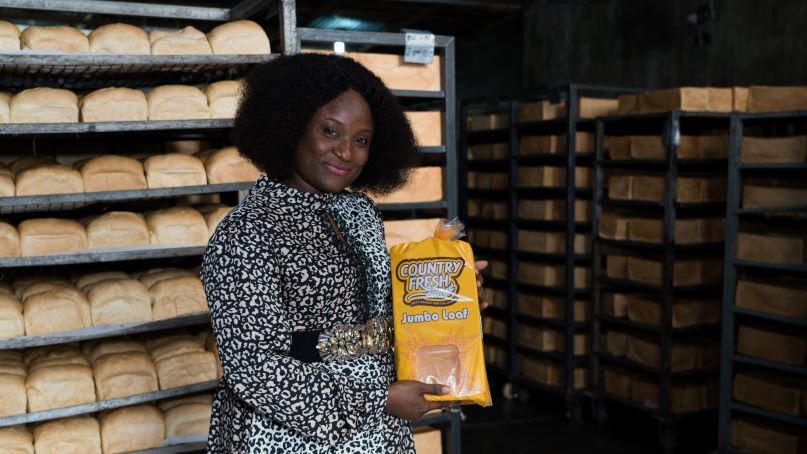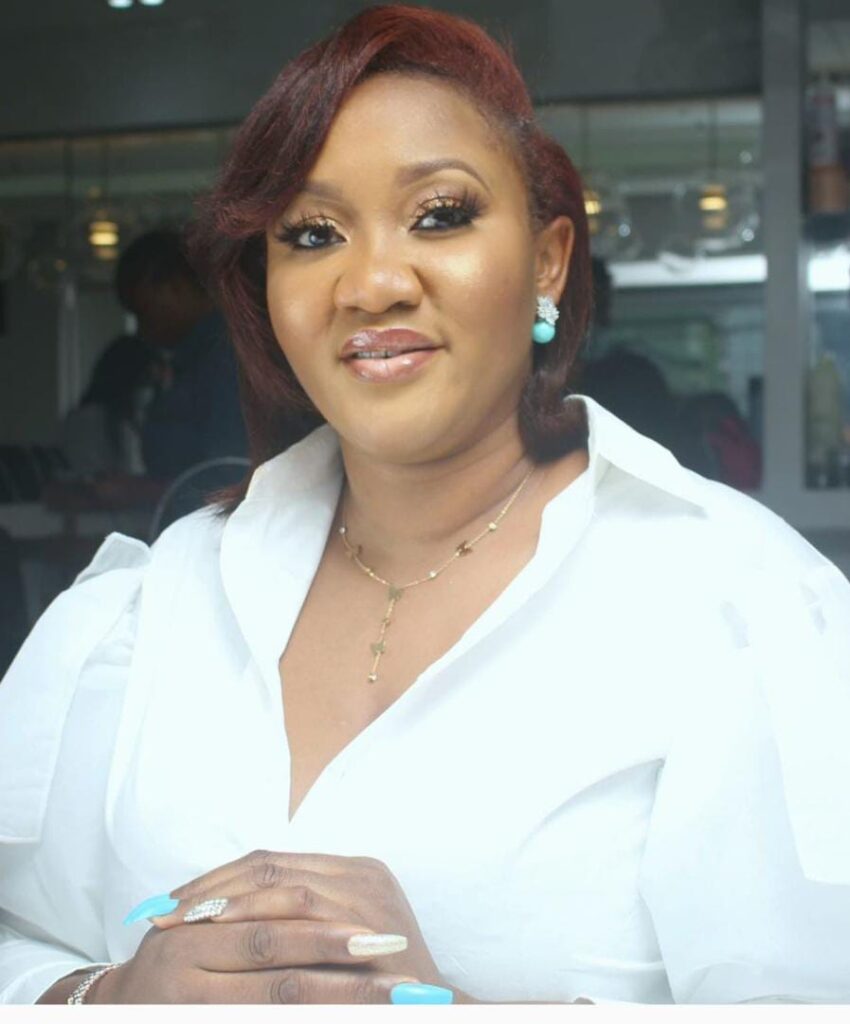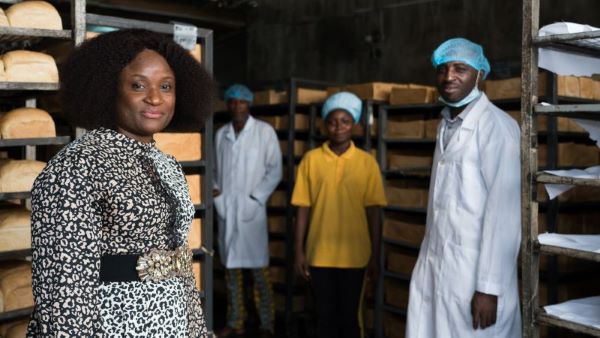In 2003, Yetunde Adeyemi started Active Foods, a food production and distribution company, based in Nigeria. Although the company started out in the flour business, it has over the years diversified into other products, including rice, sugar, semolina, yeast, and butter.
Adeyemi is one of the beneficiaries of the digital cash-flow lending project supported by the World Bank under the Nigeria Women Entrepreneurs Finance Initiative (We-Fi). The We-Fi program seeks to expand access to finance for women entrepreneurs.
The World Bank partnered with the Development Bank of Nigeria and Access Bank to develop and pilot a digital cash flow-based lending product that is unlocking commercial finance for women-led SMEs (WSMEs). Based on a nationwide WSME needs assessment, this novel banking product uses data on business cashflows to determine the creditworthiness of women-led businesses. Its innovative data-driven process makes lending decisions more efficient by reducing the turnaround time from loan application to disbursement. Perhaps even more important, it helps to overcome constraints related to the lack of traditional forms of collateral (such as real estate), one of the main barriers blocking women entrepreneurs’ access to finance. Its tracking system enables users to know where they stand in the application process. By easing the burden of paperwork and facilitating remote access safely from the comfort of their homes, the product gives female entrepreneurs more time to focus on their core business activities.

Yetunde Adeyemi, founder, Active Foods
The new service was launched at a crucial time amid COVID-related lockdowns and social distancing measures. Being disproportionally affected by economic disruptions of the COVID-19 crises, this new product enhanced WSMEs resilience and preparedness to manage shocks in demand resulting from the COVID-19 pandemic.
Food producer/trader Adeyemi has received two loans from Access Bank, which enabled her to scale her production and create more jobs. The company’s bread factory, which started with a modest daily production of about 1,000 loaves in 2015, has since risen daily production to over 30,000 loaves. Employees have also multiplied from seven to 120.
Fanimokun Ololade, the founder and creative director of Facetalk Beauty, a mid-sized firm in beauty and spa services in Lagos, also benefitted from the digital lending program.

Fanimokun Ololade, founder and creative director of Facetalk Beauty, Nigeria
“Being able to access swift business loans from Access Bank has helped a great deal in supporting my business stabilize and grow,” Ololade said. “The ease of scaling up my business through the intense pandemic year was made possible only through this support,” she added.
So far, the Nigeria digital cash-flow lending product has exceeded its overall We-Fi project beneficiary target of 1,000 WSME loans by 40% in less than a year. It has delivered nearly 1,400 loans, translating to about $6 million in additional funding for women entrepreneurs. The digital lending product is now being tested for expansion within Nigeria and potentially another country in the region in which We-Fi partners operate.
In addition to helping financial institutions and governments in developing innovative WSME products and services, the Nigeria World Bank We-Fi team also supports the development of capacity-building programs aimed at enhancing WSMEs creditworthiness as well as gender sensitization training for loan officers to minimize potential discriminatory lending practices against women. A partnership with the Development Bank of Nigeria also seeks to set up a system for the regular collection and analysis of sex-disaggregated data. This can provide insights into the unique needs and behavior of women entrepreneurs, which can inform ways to improve the type of financial products, services, and policies being developed for DBN and the financial institutions’ ecosystem.
With additional funding from We-Fi, the World Bank Group as an implementing partner will continue to leverage public and private sector initiatives to enable women entrepreneurs like Adeyemi and Ololade to start businesses, grow firms, and contribute to the country human capital and economic development.

